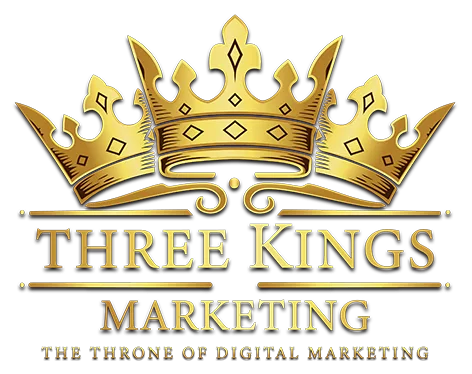When it comes to marketing, businesses are often torn between two major strategies: organic and paid marketing. Both have their benefits, but the question remains—what should you actually be focusing on? Let’s break it down and make the decision clearer.
Organic Marketing: The Long-Term Play
Organic marketing is about building a brand presence over time, without relying on paid ads. This involves strategies like search engine optimization (SEO), content marketing, social media engagement, and email marketing. It’s the process of creating valuable content that attracts and retains customers without paying for direct exposure.
The biggest advantage of organic marketing is that it builds long-term value. When you create high-quality content and optimize your website for SEO, you can achieve sustainable traffic and engagement. Once your content ranks on Google or your social media account gains followers, it keeps working for you. There’s no ongoing cost for clicks or impressions once the content is up and running. This means the return on investment (ROI) can be extremely high over time.
However, organic marketing isn’t an instant solution. It takes time to build momentum. It requires consistency, patience, and a strong strategy. But the payoff? It’s worth it in the long run. Organic traffic tends to be more loyal and engaged because these visitors or followers are actively seeking your content.
Paid Marketing: The Quick Fix
On the other hand, paid marketing gives you immediate results. Whether it’s Google Ads, Facebook ads, or LinkedIn campaigns, paid marketing allows you to target specific demographics, locations, and behaviors. It’s a great way to quickly boost your brand’s visibility and drive traffic.
The primary benefit of paid marketing is that it’s fast. You can start seeing traffic almost immediately after launching a campaign. It’s ideal for businesses that need to generate quick sales, promote a new product, or push a seasonal offer. Paid marketing is also highly measurable, with clear metrics to track performance, including clicks, impressions, and conversions. It allows you to optimize your strategy in real-time, tweaking ads, targeting, and budgets as needed.
But there’s a catch. Paid marketing costs money. You pay for each click, impression, or conversion, and once the budget is gone, the traffic stops. It can be a highly effective strategy in the short term, but it doesn’t provide the long-term, sustainable growth that organic marketing offers. If you’re not managing your campaigns carefully, you might end up spending more than you anticipated without seeing significant returns.
The Best Strategy: A Balanced Approach
So, should you focus on organic marketing or paid marketing? The truth is, you don’t have to choose one over the other. The most effective strategy combines both organic and paid marketing efforts.
Start with Organic: Begin by building a solid foundation with organic marketing. Optimize your website for SEO, produce valuable content that addresses your audience’s needs, and engage with your customers on social media. This creates a base of organic traffic that will continue to grow and deliver results over time.
Boost with Paid: Once you have organic content working for you, amplify your reach with paid marketing. Run targeted ad campaigns that drive traffic to your most valuable content or special offers. Paid ads can accelerate your growth and bring in immediate results while your organic strategy continues to build over time.
This combination allows you to play the long game while still capturing short-term wins. It’s about creating a balance between building a brand that lasts and getting the instant visibility you need to drive growth.
Conclusion
Ultimately, the decision of where to focus depends on your goals, timeline, and budget. If you’re looking for fast results, paid marketing is your go-to. If you’re building for the long haul and want to establish trust with your audience, organic marketing should be your priority.
The key is not to choose one over the other but to use both strategies in tandem. Organic marketing builds the foundation for long-term success, while paid marketing provides the immediate boost you need to stay competitive in today’s fast-paced market.
So, the question isn’t whether you should focus on organic or paid marketing—it’s how can you integrate both to drive sustainable growth and short-term success simultaneously? That’s the real answer.






